Calls grow to ban Nazi symbols and salutes
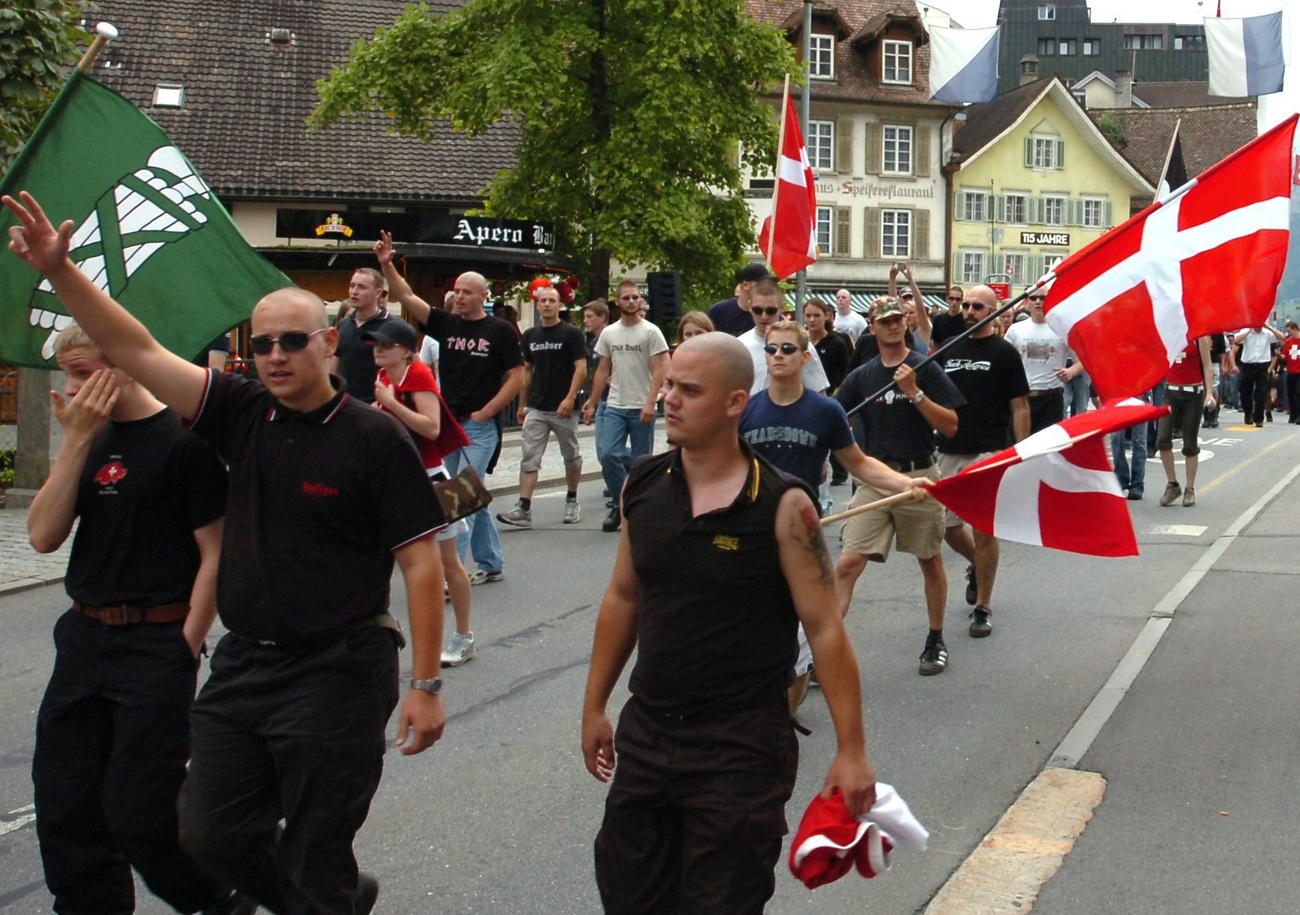
Displaying a Nazi symbol or making a Nazi salute in public is not always a crime in Switzerland. A number of parliamentary motions – and the Council of the Swiss Abroad – now want zero tolerance. Initially hesitant, the government is now looking into the matter.
At a rally protesting against anti-Covid measures in September 2021, a demonstrator made a Nazi salute – right in the middle of Bern’s Old Town. The public prosecutor’s office consequently issued the demonstrator with a penalty order for improper behaviour. However, the man successfully contested the notice. There was no legal basis for a conviction, a local court ruled.
A neo-Nazi who made the same salute in 2010 on Rütli Meadow in the canton of Uri also ended up being acquitted. The Swiss Federal Court ruled in 2013 that the man had been expressing his own convictions among like-minded people, and that this was not a criminal offence. Had he been making the salute to spread Nazi ideology on the other hand, he would have been punished under Swiss anti-racism laws.
These examples show that Switzerland has a certain tolerance threshold when it comes to making Nazi symbols and gestures. Nazi salutes, swastikas, etc. are banned only when used for propaganda purposes. Political efforts to scrap this distinction have been ongoing since 2003. Majorities in the Federal Council [Swiss government] and parliament have so far judged freedom of expression to be more important, but the perception seems to be shifting now. Three motions on the issue have been submitted in parliament – one from the centre right and two from the left.
Spate of incidents during the pandemic
Parliamentarian for The Centre, Marianne Binder, set the ball rolling in winter. Binder wants a complete ban on Nazi gestures, flags and symbols, both in the real world and online. Explaining her motion, she said: “Anti-Semitic incidents have increased and took on a new dimension during the pandemic.”
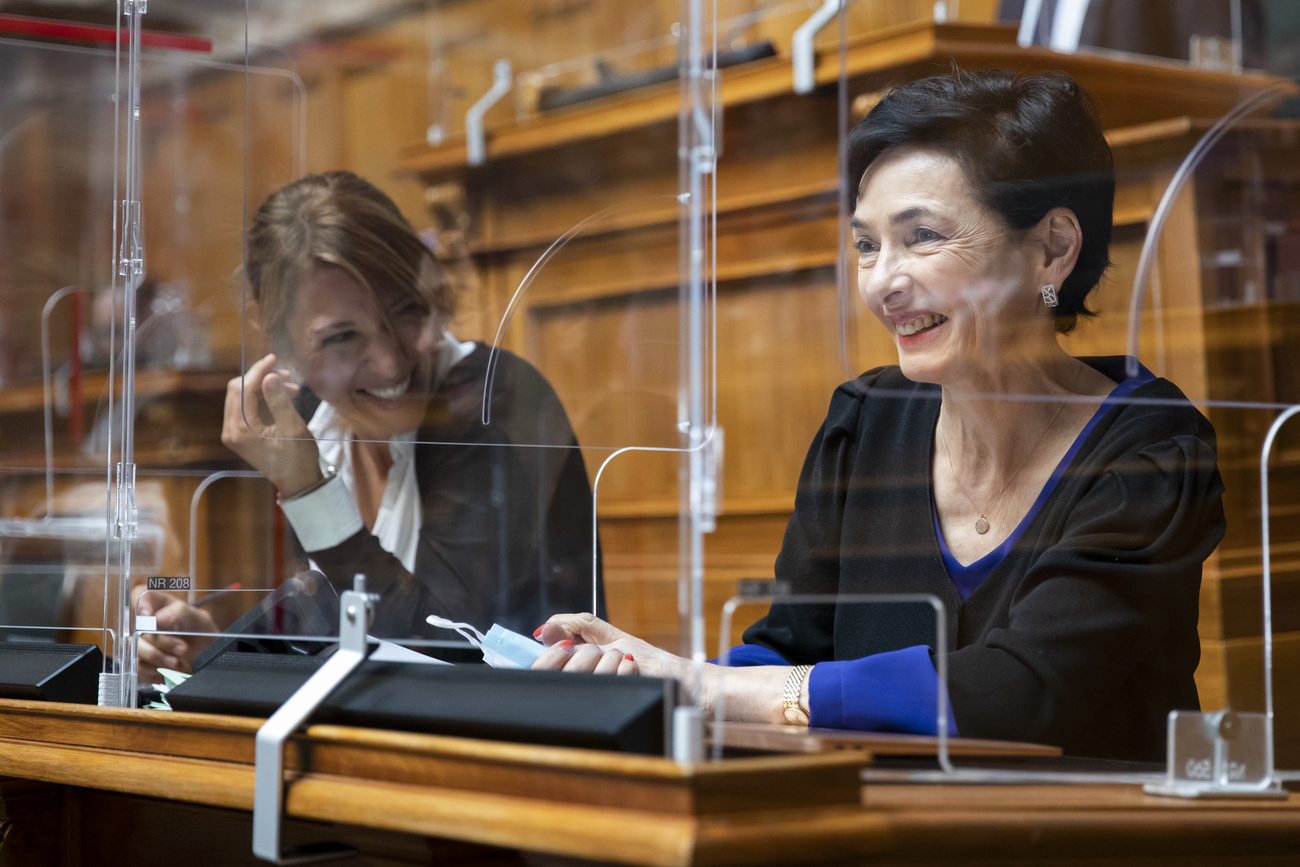
The Swiss Federation of Jewish Communities (SIG) and the Foundation against Racism and Anti-Semitism (GRA) confirm this. According to their Report on Anti-Semitism, 2021 saw a proliferation of anti-Semitic incidents in Switzerland. There were 806 reports of online anti-Semitic content including anti-Semitic conspiracy theories – a more than 60% increase on the previous year.
There were 53 real-world anti-Semitic incidents, which included verbal abuse, public statements and offensive graffiti on synagogues. Anti-vaccine protesters wore Stars of David inscribed with the word “unvaccinated”. And in a Zurich suburb, they graffitied “Impfen [vaccination] macht frei” – a play on words on the infamous gate at Auschwitz – next to a swastika. People argue that the protesters need not have had anti-Semitic motives, says Binder. “You can plead stupidity, but how blind to history can you be?” she asks, adding that it constitutes an intolerable trivialisation of the Holocaust.
Binder deliberately restricted the motion to focusing on symbols and gestures related to Nazism and the Holocaust, whereas previous motions had targeted symbols and gestures encouraging racism and violence in general. Otherwise, it would have been difficult to list every single possible infraction. But Nazi symbols and salutes are unambiguous. “They certainly do not come under freedom of expression.”
Parliamentarians Gabriela Suter and Angelo Barrile, both from the Social Democratic Party, doubled down with similar parliamentary initiatives. The SIG endorsed the motions in January 2022, the first time it has explicitly put its weight behind initiatives of this type. Far-right extremists at protest rallies and concerts were specifically taking advantage of Switzerland’s legal loophole, it said. “This is particularly hurtful and bewildering for the minorities affected.”
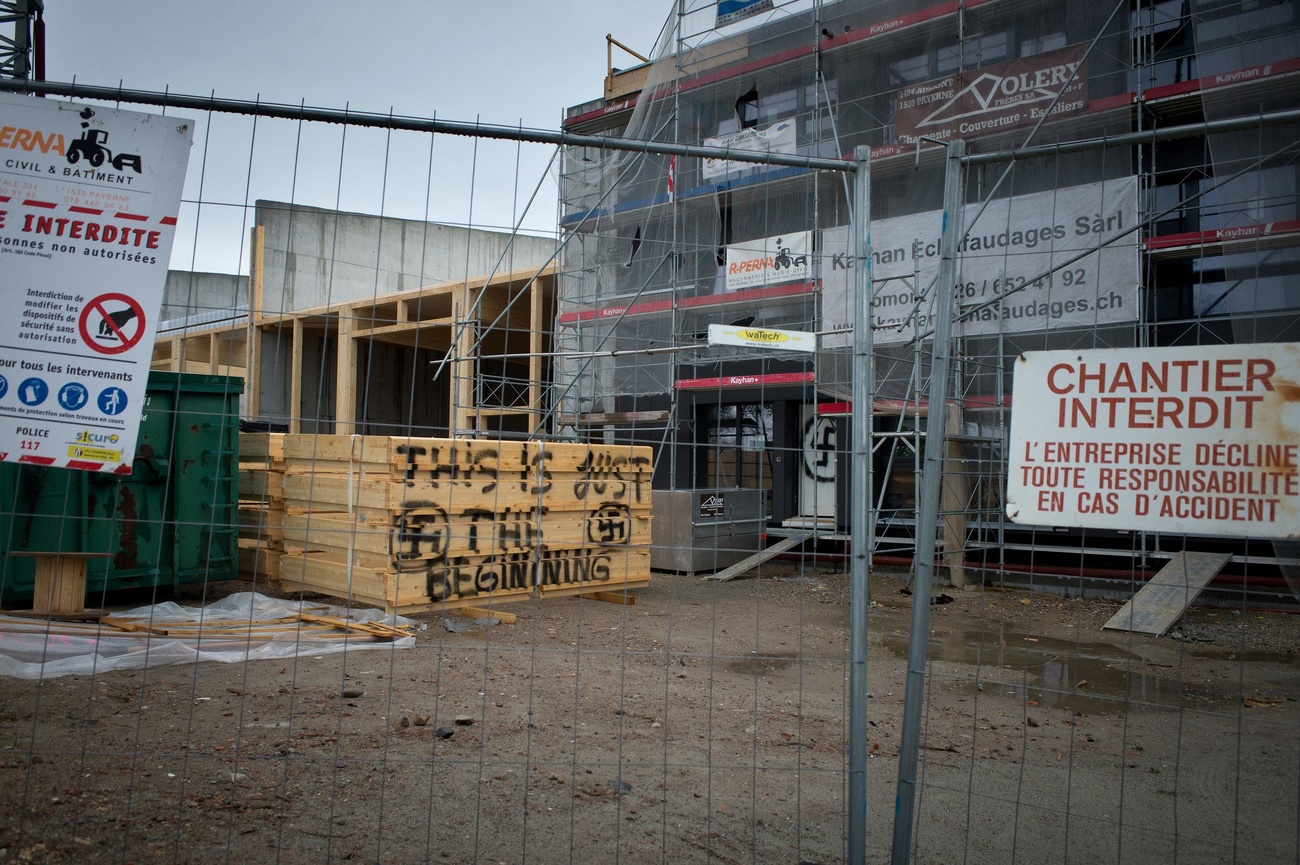
The Council of the Swiss Abroad, which represents the interests of the “Fifth Switzerland” via-à-vis the authorities and the general public, also expressed support in March for criminalising all use of Nazi symbols and gestures in public. On behalf of the delegation from Israel, Ralph Steigrad noted that Switzerland had been debating the issue for almost 20 years: “It now needs to act and follow the examples of other countries.” This did not mean stopping symbols from being shown in teaching material for purely educational purposes, he stressed.
However, the Federal Council initially wanted to leave things as they were for the time being and rejected Marianne Binder’s motion. Even though Nazi symbols and salutes were “shocking”, they had to be tolerated as an exercise of freedom of expression, it wrote in reply. Educating people was better than enacting a ban.
Experts are divided
Legal and extremism experts are divided over the issue. Some say that far-right extremists might even feel vindicated if criminal proceedings were brought against them, and that a sweeping ban potentially moves us to a kind of penal law focused on punishing offenders’ attitudes or belief systems instead of the act itself.
Others argue that Nazi symbols pose a threat to peaceful, democratic society and are unacceptable in any country governed by the rule of law. And lo and behold, the Federal Council appears to have overcome its initial hesitancy amid reports that Justice Minister Karin Keller-Sutter is looking into the matter after all. She said her ministry would now see what legal options are available.
Keller-Sutter also wrote a reply to the Organisation of the Swiss Abroad (OSA) – via which the Council of the Swiss Abroad had expressed its concerns to the Federal Council –assuring it that the government was well aware of the increase in anti-Semitic incidents in Switzerland.
By all means you can prevent anti-Semitism and ban Nazi symbols at the same time, says Binder. It is necessary to do both. Building a Holocaust memorial (see box) while continuing to allow Nazi symbols and salutes defeats the object. Parliament is set to debate Binder’s motion in its summer session.
This article was first published by Swiss ReviewExternal link.
Switzerland is set to have its own official memorial commemorating the victims of National Socialism. During the spring session of parliament, both chambers unanimously approved motions, which had been submitted by Alfred Heer in the House of Representatives and Daniel Jositsch in the Senate. We need to ensure that the terrible crimes of the Nazis remain rooted in our collective memory, said Jositsch. The memorial grew out of an initiative by five organisations, including the Organisation of the Swiss Abroad (OSA). Its purpose is to remember Swiss whom the Nazi regime persecuted, disenfranchised and murdered for being Jews or political opponents.
At least 450 people with Swiss citizenship ended up in Hitler’s concentration camps. If you also include people who were born or lived in Switzerland, then you have well over 1,000 victims with Swiss connections. The monument will also honour the men and women who resisted the Nazis or offered protection or help to those who were persecuted. And it will be dedicated to people whom the Swiss authorities refused to rescue.
Now parliament has given the green light, the Federal Council must flesh out the project. It is still unclear where the memorial site will be. The organisations that submitted the project to the federal government last year have proposed the city of Bern. In addition to an aesthetic public memorial, the aim is to include an additional space for exhibitions and events, and set up a virtual interface with other existing, private memorials.

In compliance with the JTI standards
More: SWI swissinfo.ch certified by the Journalism Trust Initiative
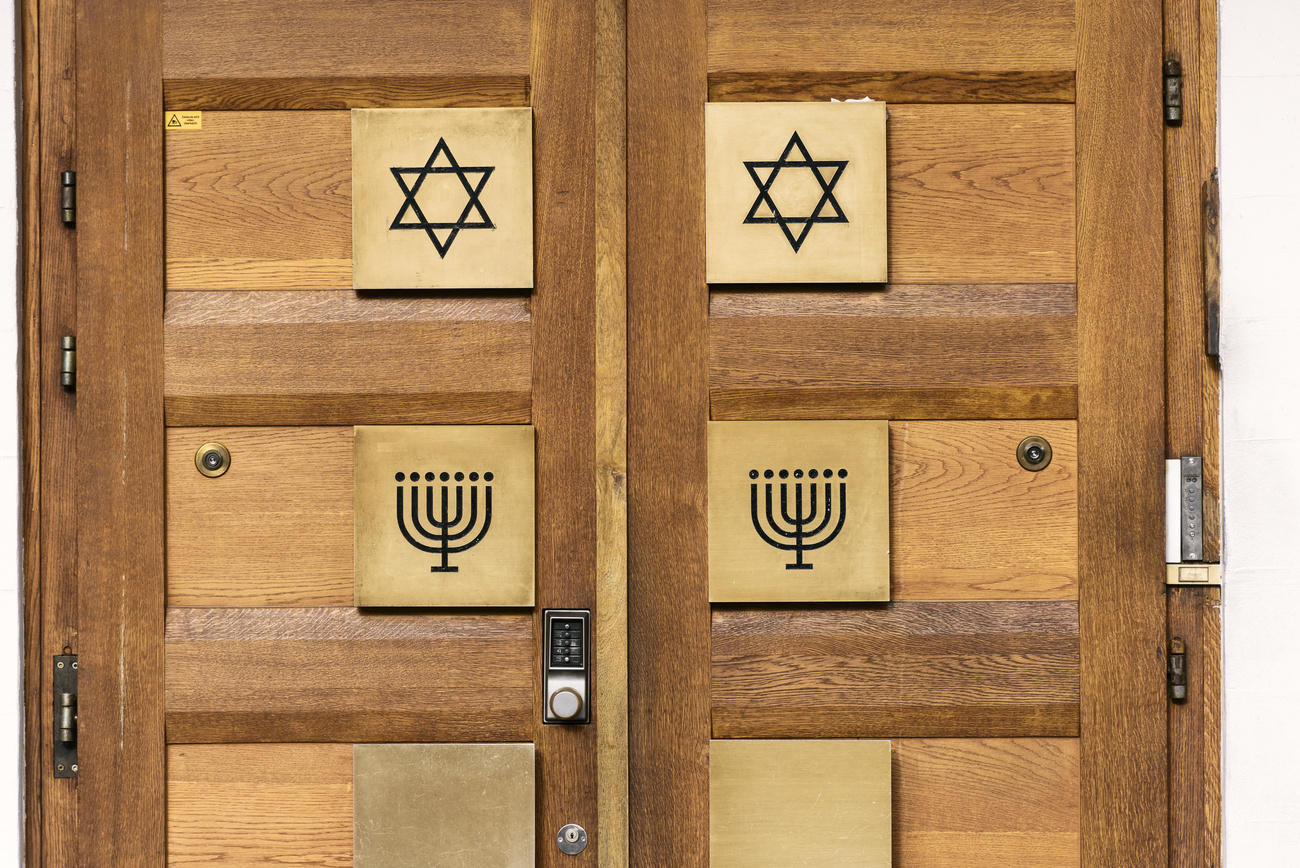

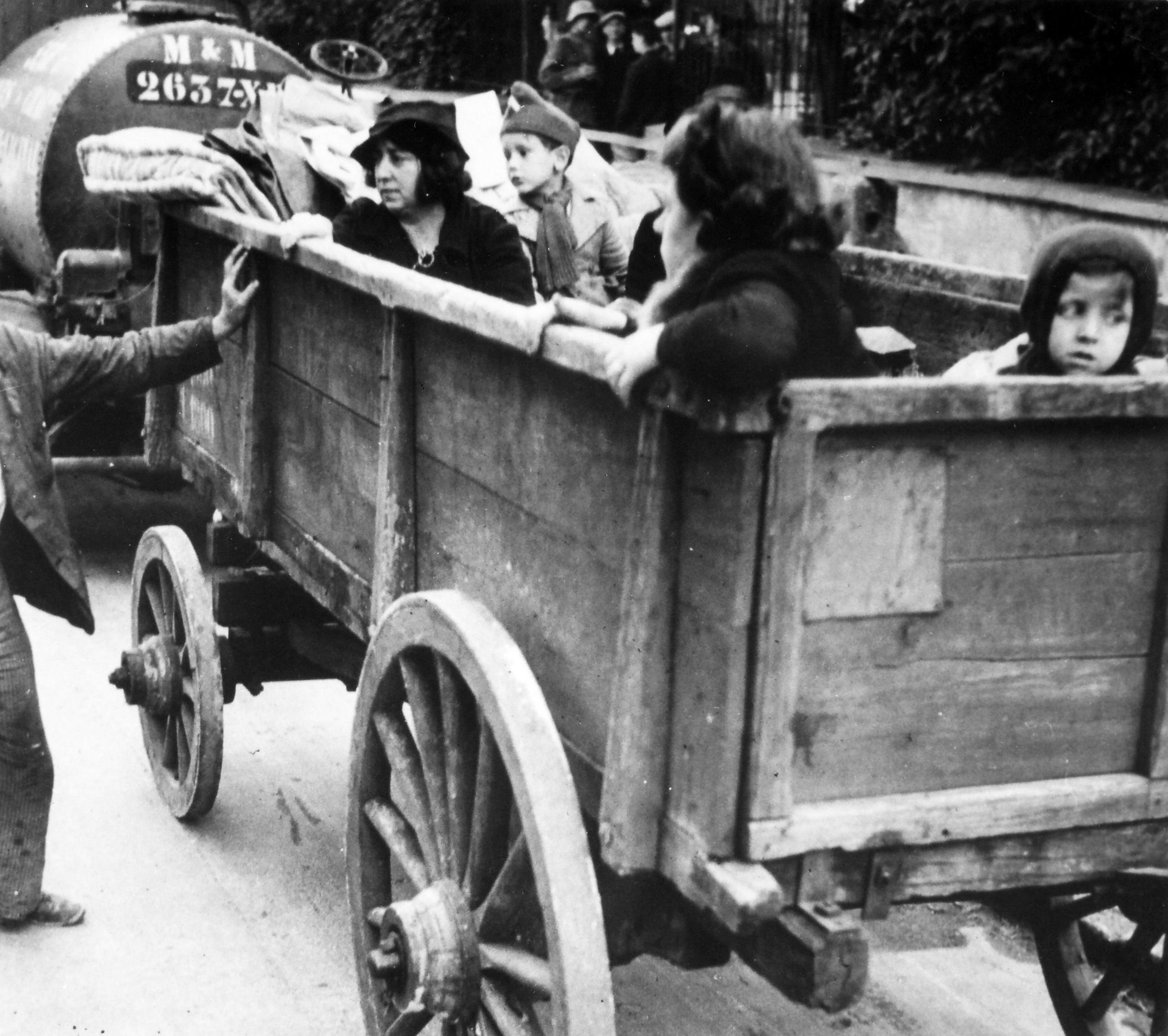
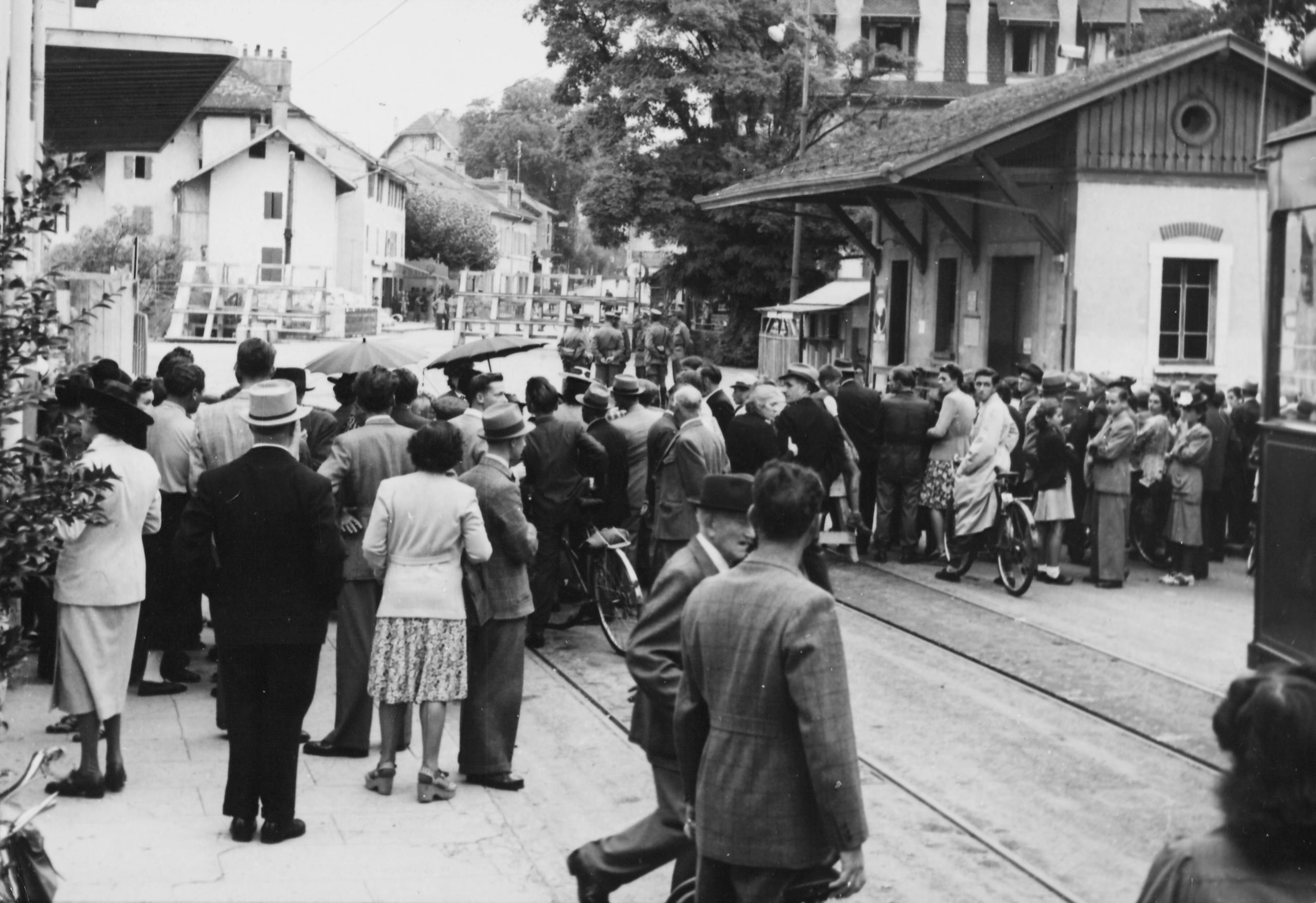
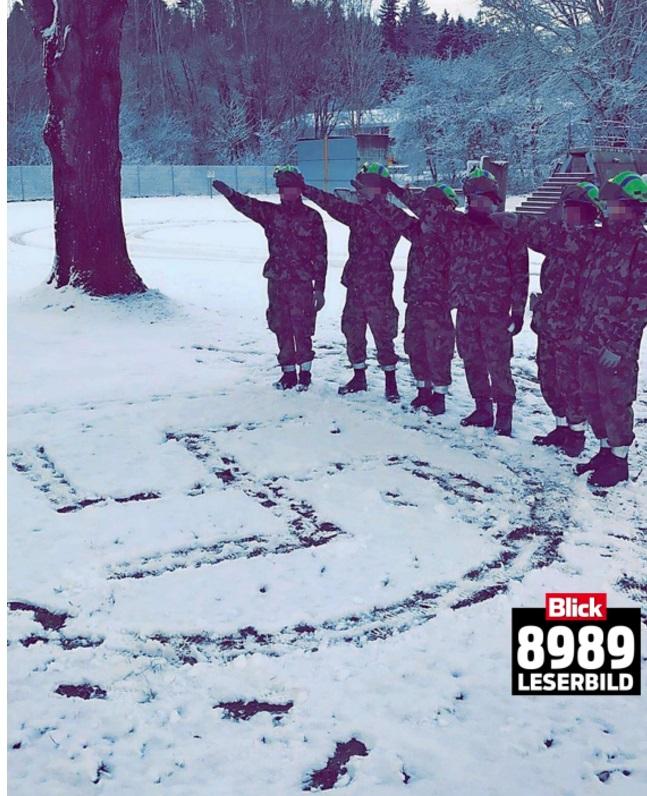
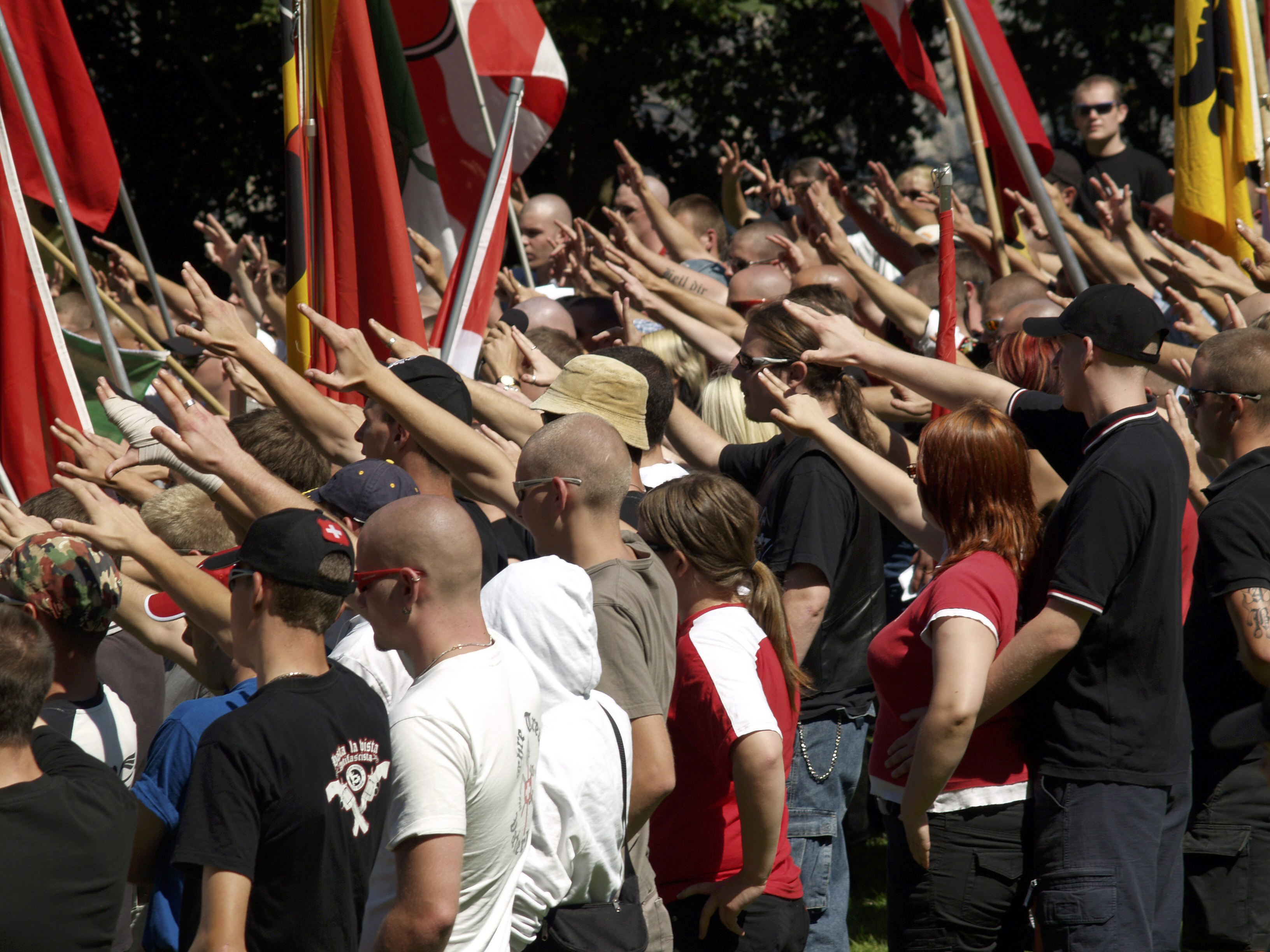
You can find an overview of ongoing debates with our journalists here. Please join us!
If you want to start a conversation about a topic raised in this article or want to report factual errors, email us at english@swissinfo.ch.